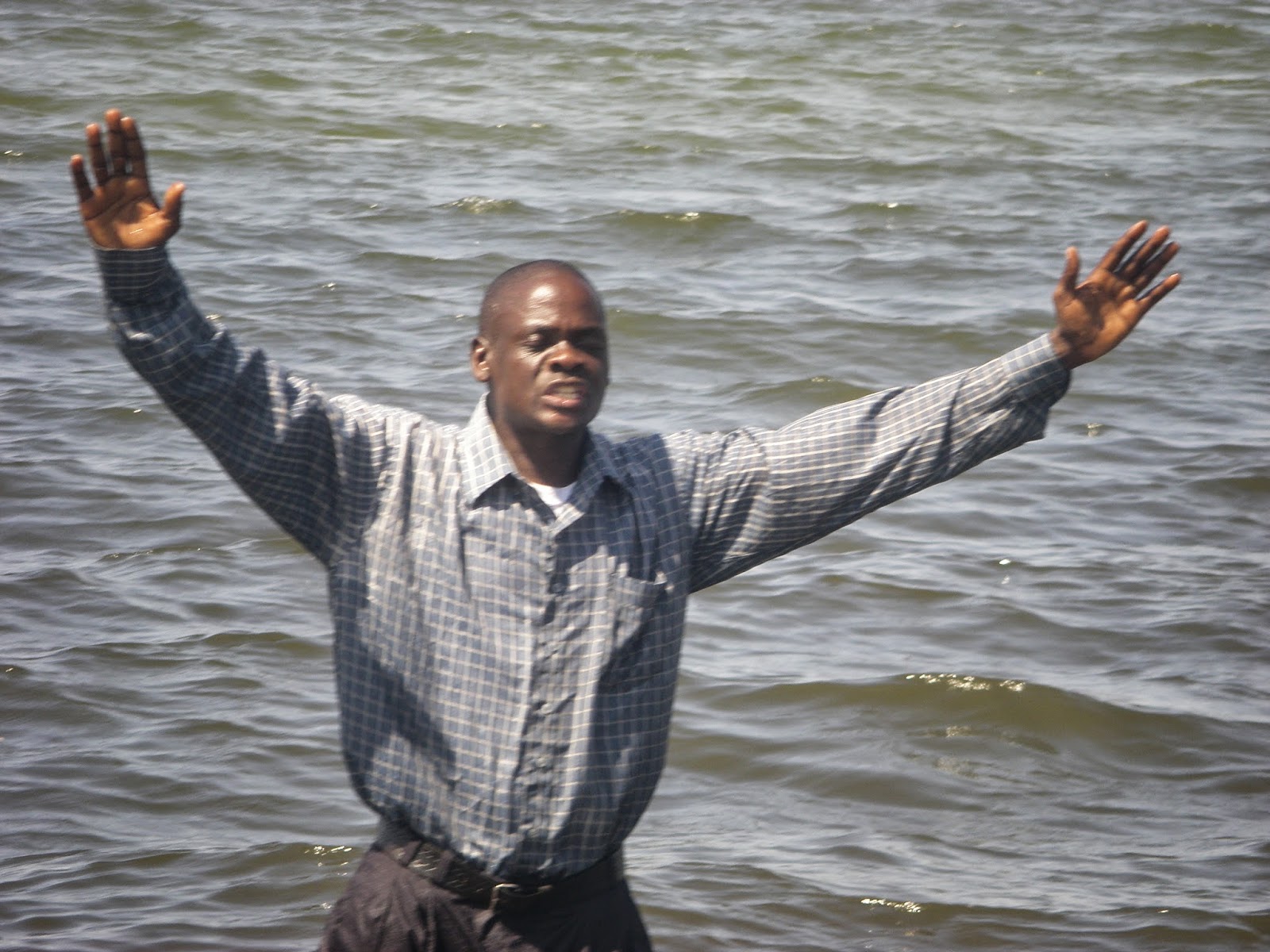Honseta is a non-governmental organization formed by the BFCT founder Rev. Musuma J. Marwa. The Honseta organization was formed purposely to meet the vulnerable groups which were named in general as needy groups in Tanzania. The main focus is to rescue the orphans left desperate because of their parent's death because of severe Malaria and HIV AIDS. Honseta in collaboration with the community, especially the guardians offer refuge, comfort, encouragement and depending on the situation and need of an orphan. Other groups served by Honseta are women in different categories; some women are vulnerable and needy especially young ladies who have been abused and become pregnant unwillingly, these young teenagers end up practicing aborting. Honseta plays a role of conducting conferences to let them know the circumstances of taking innocent life; also Honseta is involved to lead these groups to the importance of forgiveness and whenever possible Honseta is involved in assisting to make sure that an innocent life is saved. Another needy group is illiterate groups where many of them are acting illegally because of ignorance. Honseta is involved in providing educations indifferent groups, the moto of Honseta in these groups is a belief Honseta abide that when an illiterate person is educated, he/she brings many changes in his own life but also in the community.
Honseta is a registered organization in Tanzania and it has one center in Mugumu Serengeti where 100+ children are served by Honseta representatives under the BFCT; these children are given education and counseling is offered to their guardians. In Mwanza there is a group of 15 children cared by Honseta representatives under BFCT; also in Mwanza there is a group of Maasai people who are more cultural and most of them do not know how to read and write; funny enough, these men do not have a place to sleep when they come to Mwanza town. They are gathering on the people's veranda where one of their fellow is a guard/watchman and make it their home until the others can get guarding job.
It is only by grace that Honseta in collaboration with BFCT is providing several services to these few mentioned groups. In Serengeti these children are using a rented temporal house to gather every morning Monday to Friday to be educated and on Saturdays Honseta representatives visit them in their guardian homes. In Mwanza, children are living in one house where the BFCT and Honseta is serving them. These children gather in the church building to study everyday from Monday to Friday. Also for the Maasai group, they are gathering in the church property in the afternoon to learn how to read and write and they also make it as their home to rest before they can go to their guarding areas in the night.
For any question contact Honseta Director Rev. Musuma B. Marwa (honseta@yahoo.com). the attached is the registration certificate.
Sunday, June 29, 2014
Thursday, April 24, 2014
BAPTISM PHOTOS IN 2013.
Part of the ministry I was involved in 2013 for December and half of January 2014 when I visited Tanzania from my studies in America. I thank God I was able to minister to the church and baptize a well prepared men and women about 20 of them. It is my prayer that they will grow in faith and follow the right doctrine.
Wednesday, March 26, 2014
SHORT HISTORY ABOUT TANZANIAN TRIBES.
Tanzania is among the peaceful countries in Africa with multiple tribes in whom they regard each other as brothers and sisters. Tanzania has more than 125 tribes with diverse cultures traditions and taboos. The country culture is largely dominated by Bantu, Nilo, Cushite, Bushmen plus other small Ethnic groups like Asians and White minority.
Tanzania is the country in East Africa which comprises of Kenya in the north, Uganda in the north west, Rwanda in the north west, Burundi in the north west.
The largest tribe is Sukuma in kiswahili called “Wasukuma” which constitute to 21% of the entire population. This means, there are nearly 10 Million of Sukuams in Tanzania which has a population of 43,625,434. Sukuma tribe occupy almost 5 regions of Tanzania namely; Mwanza, Geita, Shinyanga, Simiyu and Tabora.
Some Tanzanian Tribes and their Major Traditional Dances in the right
Tanzania is the country in East Africa which comprises of Kenya in the north, Uganda in the north west, Rwanda in the north west, Burundi in the north west.
The largest tribe is Sukuma in kiswahili called “Wasukuma” which constitute to 21% of the entire population. This means, there are nearly 10 Million of Sukuams in Tanzania which has a population of 43,625,434. Sukuma tribe occupy almost 5 regions of Tanzania namely; Mwanza, Geita, Shinyanga, Simiyu and Tabora.
Some Tanzanian Tribes and their Major Traditional Dances in the right
|
|
|
Subscribe to:
Comments (Atom)







